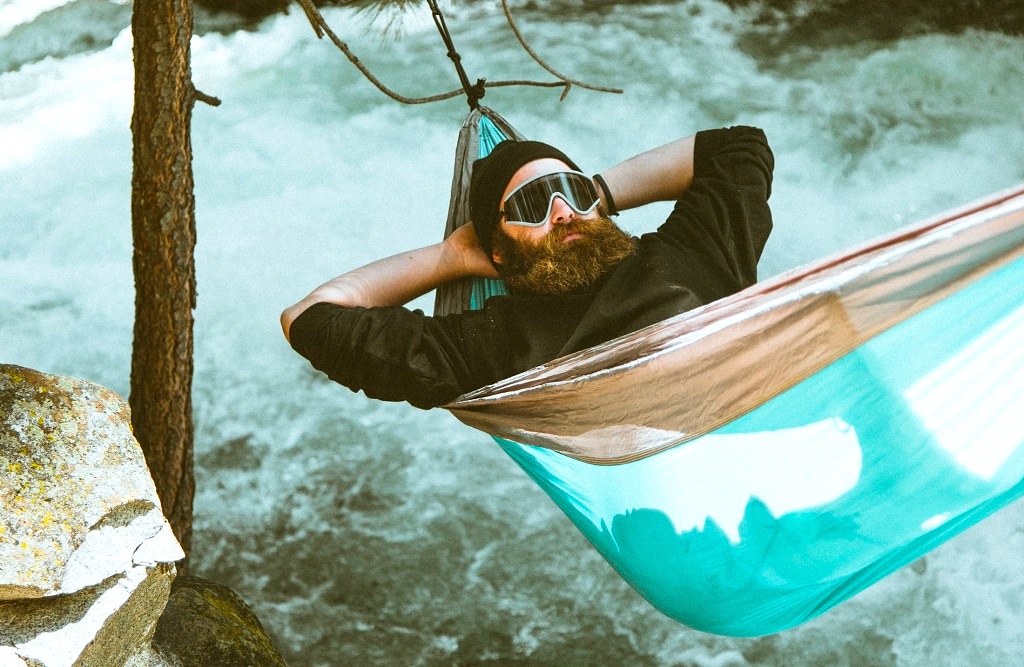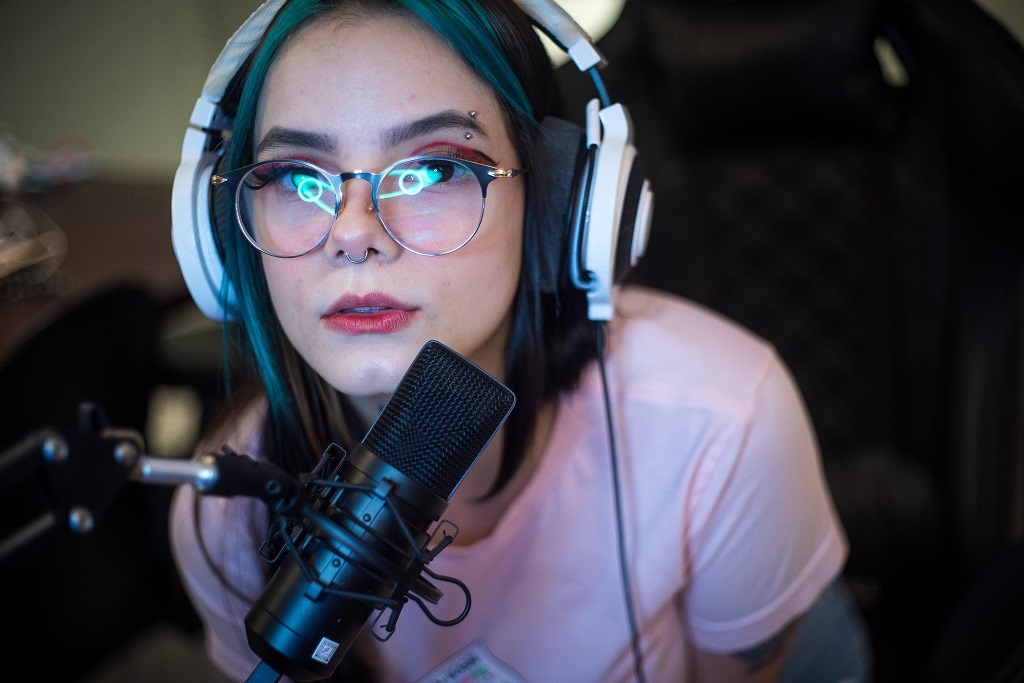
Photo by Dane Deaner / Unsplash
Something is not sleeping
With the onset of the coronavirus crisis, late nights watching YouTube and reading news reports have become the norm for many. To some extent, this behavior is justified. If you have a business, you are building a career or you just don’t want to let your loved ones down, you want to be as informed and prepared as possible. On the other hand, everything has a limit, including our body.
Chinese scientists surveyed more than a thousand residents of the country and found that 30% of them began to experience sleep problems during isolation - this study was published in the journal Nature. The American Sleep Association reports that 50 to 70 million US citizens suffer from various types of sleep disorders, and American pharmacists saythat over the past months, the number of visitors with prescription drugs to combat sleep disorders has increased by 15%.
The problem is faced not only by the older population engaged in ensuring the well-being of families, but also by adolescents. A few years ago, The Guardian wrote that the proportion of young people suffering from insomnia is rapidly increasing in the UK. Experts cite the excessive use of gadgets and social networks before bed as one of the reasons .

Photo by Sean Benesh / Unsplash
It should be noted that after the lifting of quarantine, many really managed to recover, but the situation with insomnia is still serious. Over the long term, experts say lack of sleep increasesrisk of dementia and diabetes. To combat the problem, government organizations of individual countries are developing special recommendations.
Today we decided to discuss how technology and science can help here.
A bit of technology and music
In some cases, it can be difficult to fall asleep due to an unusual or even extreme environment. For example, many astronauts experience insomnia upon arrival at the ISS. Sleep is hampered by a busy schedule, noise on board the station and dawns every 45 minutes. Back in the early 2000s, NASA began developing technologies that would help astronauts fall asleep faster. Then they figured out that the solution could be low-frequency acoustic waves .
They act in a special way on the vestibular apparatus, and as a result, a person begins to feel sleepy - as if he is being rocked in a car. Since then, the technology has been modified, and a mobile application has been developed on its basis .... It reproduces special sounds and melodies co-written with neuropsychologists and sleep theorists.

Photo by Higor Hanschen / Unsplash Voice
can also be a remedy for insomnia . Neuropsychologists are actively studying a phenomenon called ASMR (Autonomous Sensory Meridian Response), or something like a tingling sensation in the back of the head, which occurs in response to a number of audiovisual triggers. They can be whispering and slow soft speech. Some listeners said ASMR helps them fight insomnia and anxiety. Not only special audio recordings help to relax, but also simple white noise
... It masks acoustic stimuli that interfere with sleep (sounds of 30–40 dB - the level of whispering - interfere with sleep for sensitive people, and 40–55 dB - the hum of the refrigerator - make sleep restless).
There are applications for generating white noise - some services even generate it based on data on wind speed and temperature outside. In addition to white noise, music and sounds of nature can have a similar effect . Falling asleep under them will definitely be more pleasant.
Weekend checklist
- Low-frequency waves affect the vestibular and can rock you before bed. You can try such applications and services, but you should do it carefully.
- ASMR- . .
- . «» .
- , . , . , , , : .